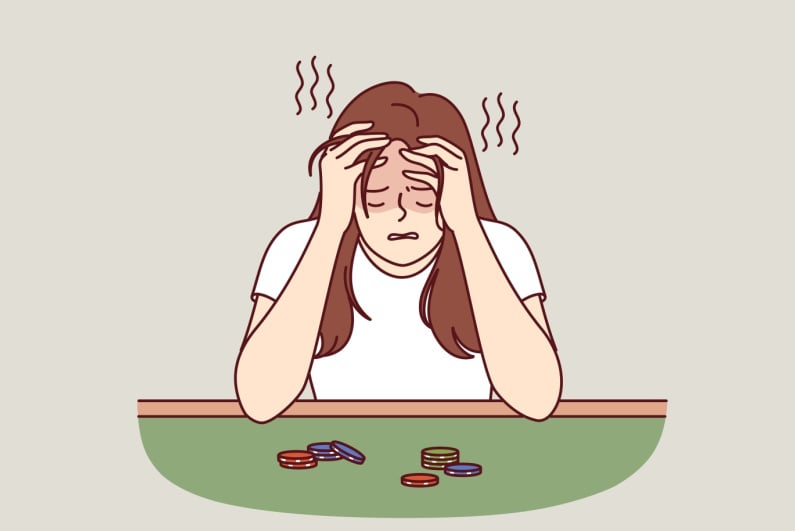The UK government may introduce measures to curb credit card gambling in the country.
In a speech at the GambleAware annual harm-minimization conference, new UK sports minister Mims Davies said she was committed to “evidence-based” government policies that would introduce measures to safeguard gamblers – measures that would, for example, address “increasing concerns around people gambling on credit cards and whether [it] should be permitted”.
Gambling review publication not the end of change
During her speech, Davies warned that the government’s publication of the Gambling Review would not spell the end of new regulation being introduced in the sector, but rather the first step in an ongoing process of change. The minister acknowledged the government’s appreciation for the gambling industry regarding the employment opportunities it offers and the investment it brings to the country, but noted that “there are risks and industry must mitigate those risks with appropriate protections”.
She highlighted her desire for “rapid progress” when it comes to operators offering interventions before users face hardship as a result of their problem gambling habits. A key component of this would be to look into a possible ban on the use of credit cards for gambling; Davies said the government was already looking into this area in order to determine whether or not any action should be taken.
Mandatory levy
The minister warned that the voluntary funding of GambleAware by the industry would not rule out the introduction of “other ways of funding support, including a mandatory levy” should funding for the independent body fall short again as it has in the past. She also emphasized that her main focus was on the wellbeing of gamblers as opposed to profits for gambling operators, saying: “The profits of gambling operators aren’t my prime concern. Ensuring problem gamblers have access to the right treatment is.”
Rocky few months for gambling regulation in the UK
Last month saw the resignation of the former sports minister Tracey Crouch, who quit over the delay to the implementation of a cap on fixed odds betting stakes. Crouch was replaced by Davies, and the government has agreed to impose the stake cut by April 1, 2019. It will also bring forward the Remote Gaming Duty increase, which is due to boost funding for charities and other networks that support those who face issues with problem gambling.
The Conservative government has fallen behind on its gambling brief, and as a result, standing up for anti-gambling policies has been seen as a surefire way of avoiding demotion to the back benches. Davies said in her speech that research would play a key part in reducing gambling-related harm, calling it “essential to progress”. She said she is looking to move forward with “a strong evidence base” and thanked Public Health England for committing to reviewing evidence.
Gambling operators will likely seek solace in this fact, hoping that the data presented to Davies will accurately reflect the steady rates of problem gambling in the UK, which is a far cry from the supposed pandemic that is portrayed by some media outlets. She also took time to thank service providers GambleAware and GamCare, specifically praising GamCare’s helpline, often a first point of call for problem gamblers seeking professional advice and assistance: “GamCare’s National Gambling Helpline provides an essential point of contact for anyone affected by harm, and with its partners it provides a thorough network of counseling services.”
It will be an uncertain time for gambling operators in the UK while the new sports minister establishes her planned policies for the coming months, but if she really does take a data-based approach, it could be promising for operators.



